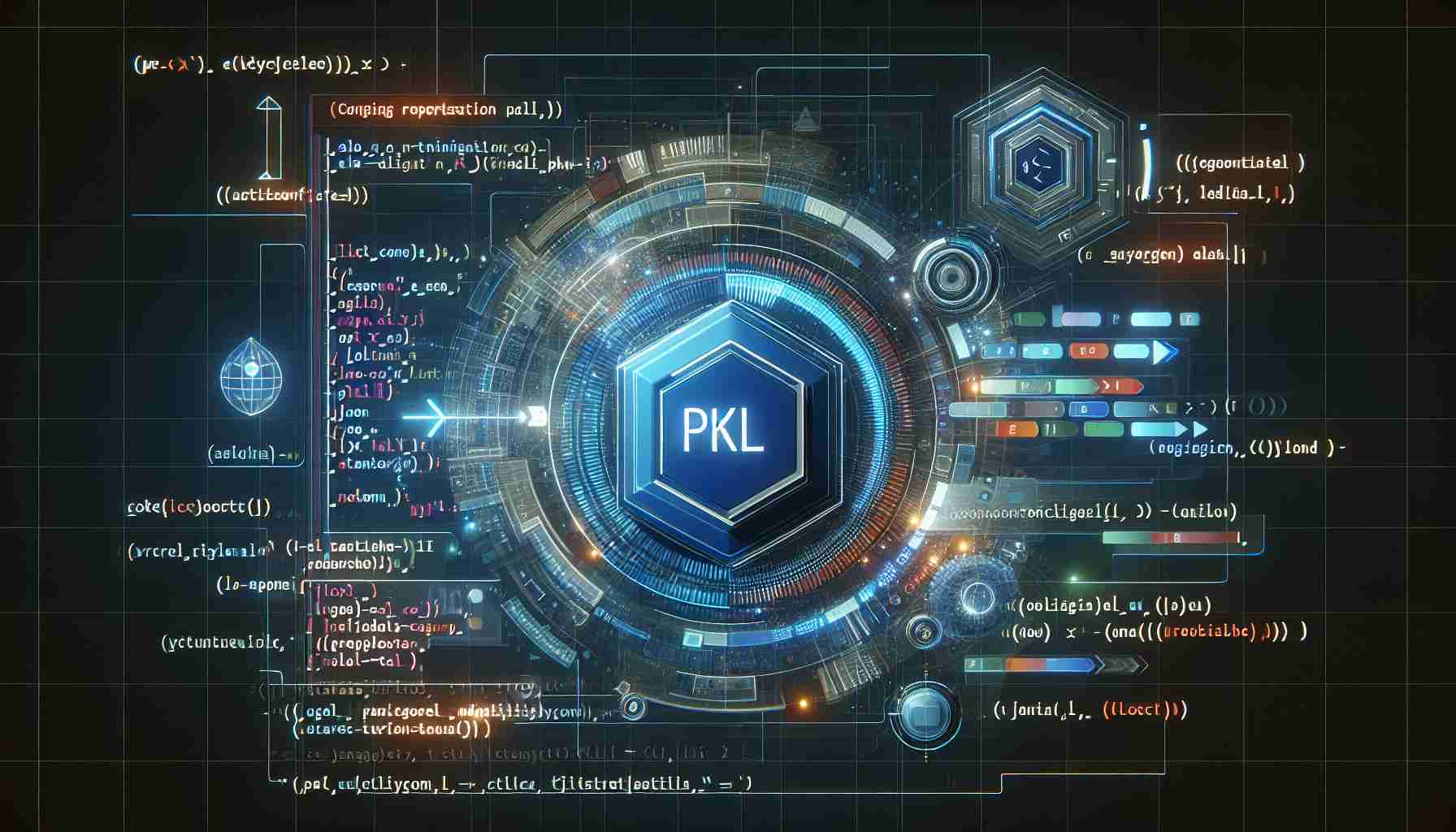Mastering Cybersecurity in 2024: 10 Vital Skills Every CyberSecurity Analyst Must Acquire
By Vinius M Muthii | January 20, 2024
Data breaches and cyberattacks on companies have become common around the world. In June 2023, hackers breached a file transfer tool MOVEit which affected up to 17.5 million people and devastated over 200 organizations around the world. The advancement of technology is a great influence that enables hackers to access better and more powerful tools. Fortunately, technological advancement has also opened many avenues and tools that cybersecurity analysts can use to protect their organizations from these attacks.
These cyberattacks have also manifested and led to the rising demand for cybersecurity analysts as organizations strive to make their systems more secure than ever. The process of vetting cybersecurity analysts is however tricky, as this is a very wide field that requires multiple skills to master. Many employers in 2024 are cautious in vetting cybersecurity analysts since some miss necessary and important skills which leads to incompetence in the security area of the organizations.
In this article, we will explore 10 top skills that are paramount for cybersecurity analysts which employers are searching for in 2024. From threat modeling to cloud security, each skill is a crucial piece of the cybersecurity puzzle. As we delve into these skills, we'll provide valuable resources for readers to hone their expertise and empower organizations to thrive securely in an increasingly digital world.

1. Threat Modelling and Intelligence
This is an important skill in cybersecurity where threat modeling focuses on assessing internal vulnerabilities and risks on your system while Threat intelligence provides insights and context about external threats. This skill enables a cybersecurity analyst to identify and summarize potential attacks on the system.
Use these resources to gain this skill and share it with others interested in this field.
2. Security Operations
This is an important skill in cybersecurity which involves a combination of IT operations and internal information security. It helps in monitoring, preventing, detecting, investigating, and responding to cyber threats around the clock. A cybersecurity analyst should be able to work with all these combinations of IT operations in-order to achieve success in protecting organizations from cyber threats.
Use these resources to gain this skill and share it with others interested in this field.
3. Vulnerability Assessment and Penetration Testing
A cybersecurity analyst should be able to perform a vulnerability assessment on a system which involves using tools to detect, classify, and rate vulnerabilities in a system. Penetration testing is another important skill where the analyst should be able to simulate attack on a computer system to evaluate its security. This helps in identifying loops in the system and coming with ways to fix them.
Linux operating systems like Kali and Parrot OS also provide many pen-testing tools that help in penetration testing.
Use these resources to gain this skill and share it with others interested in this field.
4. Identity and Access Management
This is an important skill that ensures that only the right people can access an organization's data and resources. A cybersecurity analyst should be able to integrate its 4 main components which include: Authentication, Authorization, Administration, and Auditing & Reporting to make sure the data is free from unauthorized access.
Use these resources to gain this skill and share it with others interested in this field.
Microsoft Azure Security Technologies
5. Security Standards, Frameworks, and Policies
These are a combination of criteria, guidelines, and policies set and developed by agencies like the International Organization for Standardization(ISO) which helps organizations manage their information security risks and help in maintaining the confidentiality, integrity, and availability of data. Examples of these security standards, frameworks, and policies include ISO 27001, GDPR, and SOC 2 among others.
A cybersecurity analyst should master the knowledge about these policies and frameworks to ensure that their implementation is paramount on the organization's system.
Use these resources to gain this skill and share it with others interested in this field.
6. Network Security
This skill helps protect your data and network from breaches, intrusions, and other vast cyber threats. It involves the incorporation of different components like Firewalls, Intrusion Detection systems(IDS), Encryption, Data Loss Prevention, Access Control, and Antivirus software among others to ensure that the network maintains the CIA triad( Confidentiality, Integrity, and Availability).
This skill is a must-know for cybersecurity analysts to ensure the network and organization data is secure.
Use these resources to gain this skill and share it with others interested in this field.
7. Security Awareness and Training
A cybersecurity analyst should be able to educate employees to understand, identify, and avoid cyber threats. This is an important skill as it mitigates self-sabotage where the employees of the organization can be involved in human cyber risks. Common security awareness training objectives include phishing awareness and password security.
Use these resources to gain this skill and share it with others interested in this field.
8. Cloud Security
As many organizations are transitioning to cloud computing, cloud security is an important skill that a cybersecurity analyst should possess. It involves a collection of security measures such as Access Control and Encryption designed to protect cloud-based infrastructure and its applications.
Use these resources to gain this skill and share it with others interested in this field.
9. Basic Scripting Capabilities
Cybersecurity analysts should be able to master scripting which automates repetitive and routine tasks. These come as a bonus during the interviews.
Use these resources to gain this skill and share it with others interested in this field.
10. Soft Skills and Certification
Like any other field, employers are always looking for soft skills that ensure great partnership while working. Some of the common and important soft skills for cybersecurity analysts include: Analytical skills, problem-solving, communication skills, stakeholder management, attention to details, time management, and collaboration & reporting skills.
In this era of online and digital certification, employers are constantly looking for certification in cybersecurity vetting. Some top certifications include CISSP, Comptia Sec +, and CEH. With these, one may have a greater probability of securing a job as a cybersecurity analyst in 2024.
Subscribe to our newsletter and follow us on our social media channels for more eye-opening insights.
Never miss Technological Updates
Subscribe to our Newsletter
Join our Community
Follow us on social media to stay connected and engage with our vibrant tech community:





































